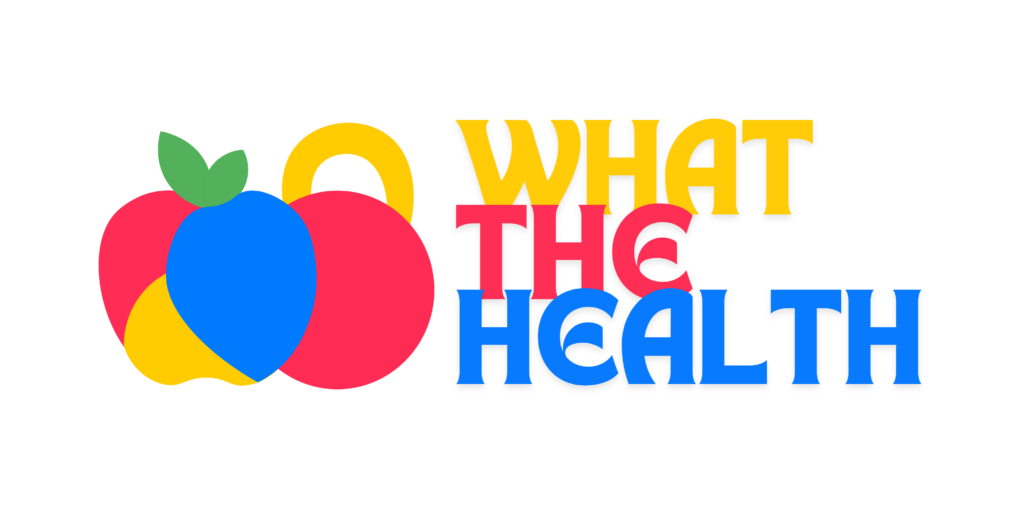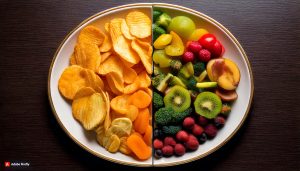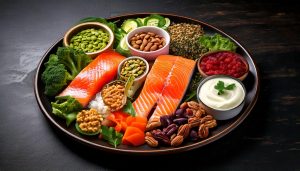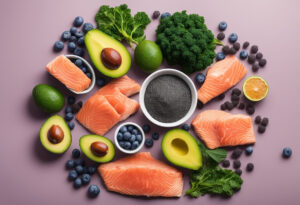PAGE CONTENT:
Dietary fiber: what is it and why do you need it?
Fiber is an essential part of a healthy diet, yet it is often overlooked. Found in fruits, vegetables, grains, and legumes, fiber is crucial for maintaining a healthy digestive system, preventing chronic diseases, and promoting overall well-being. Despite its importance, many people do not consume enough fiber daily. Understanding what fiber is, the different types available, and how it benefits the body can help you make more informed dietary choices. This article will explore the basics of fiber, its various forms, and the numerous health advantages it offers. By incorporating more fiber into your diet, you can improve your health and prevent a range of health issues.
What Is Dietary Fiber and How Does It Work?
Fiber is a type of carbohydrate that the body cannot digest. Unlike other carbs, fiber passes through the digestive system relatively intact. There are two main types of fiber: soluble and insoluble. Soluble fiber dissolves in water to form a gel-like substance, helping to lower blood cholesterol and glucose levels. Insoluble fiber adds bulk to the stool and helps food pass more quickly through the stomach and intestines, aiding in regular bowel movements. Both types of fiber are important for maintaining a healthy digestive system, reducing the risk of chronic diseases such as heart disease and diabetes, and aiding in weight management by promoting a feeling of fullness.
What Are the Different Types of Fiber?
As mentioned, fiber is classified into two main types: soluble and insoluble. Soluble fiber is found in foods such as oats, beans, apples, and citrus fruits. It helps lower cholesterol and blood sugar levels by forming a gel-like substance in the gut, which slows down digestion and the absorption of nutrients. Insoluble fiber, on the other hand, is found in whole grains, nuts, beans, and vegetables like cauliflower and potatoes. This type of fiber adds bulk to the stool and helps prevent constipation by moving material through the digestive system. Including a variety of both soluble and insoluble fiber in your diet is crucial for optimal health.
Why Is Fiber Important for Digestive Health?
Fiber plays a vital role in maintaining digestive health. It helps regulate bowel movements by adding bulk to the stool and making it easier to pass. This prevents constipation and promotes regularity. Soluble fiber acts as a prebiotic, feeding the beneficial bacteria in the gut, which supports a healthy microbiome and enhances immune function. Additionally, a high-fiber diet can help prevent digestive disorders such as diverticulitis and irritable bowel syndrome (IBS). Moreover, by keeping the digestive system running smoothly, fiber helps the body efficiently absorb nutrients from food, which is essential for overall health and well-being.
Can Fiber Help with Weight Management?
Yes, fiber can be a powerful tool for weight management. High-fiber foods tend to be more filling than low-fiber foods, which can help you eat less and stay satisfied longer. This is because fiber slows down the digestion process, leading to a gradual release of glucose into the bloodstream, which helps prevent spikes in blood sugar and subsequent hunger pangs. Additionally, fiber-rich foods often require more chewing, giving your body time to register that you are full, which can prevent overeating. Including plenty of fruits, vegetables, whole grains, and legumes in your diet can help you manage your weight effectively and maintain a healthy body weight.
What Are the Best Sources of Dietary Fiber?
There are many excellent sources of dietary fiber, making it easy to include in your meals. Fruits such as apples, berries, oranges, and pears are high in fiber, particularly when eaten with their skins. Vegetables like broccoli, carrots, and Brussels sprouts are also rich in fiber. Whole grains, including oats, barley, quinoa, and brown rice, provide significant amounts of fiber. Legumes, such as beans, lentils, and chickpeas, are among the best sources of both soluble and insoluble fiber. Nuts and seeds, such as almonds, chia seeds, and flaxseeds, are also excellent options. Incorporating a variety of these foods into your diet ensures you get enough fiber to support your health.
SUMMARY
Dietary fiber is an essential component of a healthy diet, offering numerous benefits for digestive health, heart health, and overall well-being. There are two main types of fiber: soluble and insoluble, each providing unique health benefits. Soluble fiber helps lower cholesterol and regulate blood sugar levels, while insoluble fiber promotes regular bowel movements and prevents constipation. Incorporating a variety of fiber-rich foods, such as whole grains, fruits, vegetables, legumes, nuts, and seeds, can help you meet your daily fiber needs and support your overall health. Understanding the importance of fiber and making informed dietary choices can lead to better digestive health and a lower risk of chronic diseases.












One Response
Your words act as a bridge, connecting the reader to a greater understanding of the world and themselves.